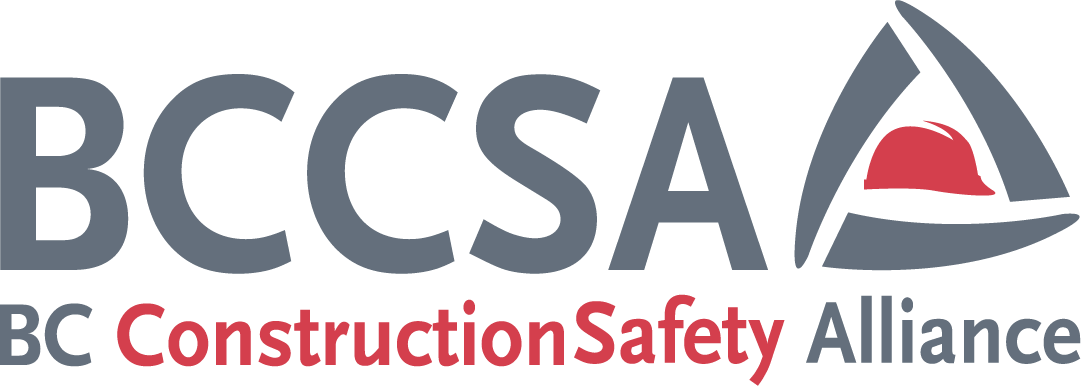Work Wellness Institute Membership!
Advance your Career & Improve your Workplace
- 350+ Lectures on Demand
- 18 self-paced e-Courses
- Accreditation opportunities
- Certifications for Members Only;
- Leadership Certification
- Inclusivity Recruitment & Retention Certification
- Work Wellness Ambassador Certification
Learn More about our Membership Program

Course Description
Work in the construction industry is much different than in traditional workplaces as workers most often behave as independent operators, work at different locations where the conditions change on a daily basis, are employed on a contingent basis on specific projects, and self-determine how the work is to be done. The industry itself has been described as “chaordic” a term which refers to organizational systems that blend chaos and order. Implementing health and safety programs in construction is challenging as the solutions and learnings from research and practice in traditional workplaces are typically ineffective. This webinar presents findings and experiences emanating from over 6 years of effort by CRE-MSD researchers to reduce MSDs in the construction sector in Ontario.
You will learn:
- How the unique characteristics of work in construction are similar to modern transitional workplaces in which work is increasingly project based and insecure
- How a system of complex networks operates in the construction sector and how effective dissemination of information relies of these networks
- How open and closed networks operate
- How to share knowledge with non-literal learners
- That experiential knowledge is important in improving work practices and can be a powerful force in influencing change
- About potentially novel approaches of implementing change to impact the burden of MSDs and musculoskeletal pain in construction workers
Take home message:
- Approaches in health, safety, and ergonomics that are effective in fixed, traditional workplaces often do not work in the complex, dynamic construction environment
- A recognition of the differences between small, medium and large companies is critical when designing implementation programs
- An understanding of the power dynamics and social networks operating in the construction sector are essential in designing new programs and occupational health & safety interventions
- Case studies of interventions with plumbers and with workers handling ladders show the importance of understanding networks
- Interventions that reduce physical ergonomic risk factors, often through changes in process or tool design, may be effective when implemented with the consideration of local context and networks that are in place
- Small interventions are easy to introduce and can have a significant impact
Members
If you have been provided with a Record ID through your organization, please update your profile before enrolling in a course. In order for your certificate to be issued, your profile needs to be up-to-date prior to your enrollment.
If you are having any issues, please contact [email protected]

Presentation Partners:
Partially funded by:

This program is pre-approved by VRA Canada for a 1 hour training session
PhD
Philip Bigelow
PhD (Cand.)
Nicolette Carlan
Course curriculum
-
1
Introducing Interventions into the Chaordic Construction Environment
-
Pre-Survey
-
Introducing Interventions into the Chaordic Construction Environment
-
Introducing Interventions into the Chaordic Construction Environment - Presentation Slides
-
Evaluation Survey
-


